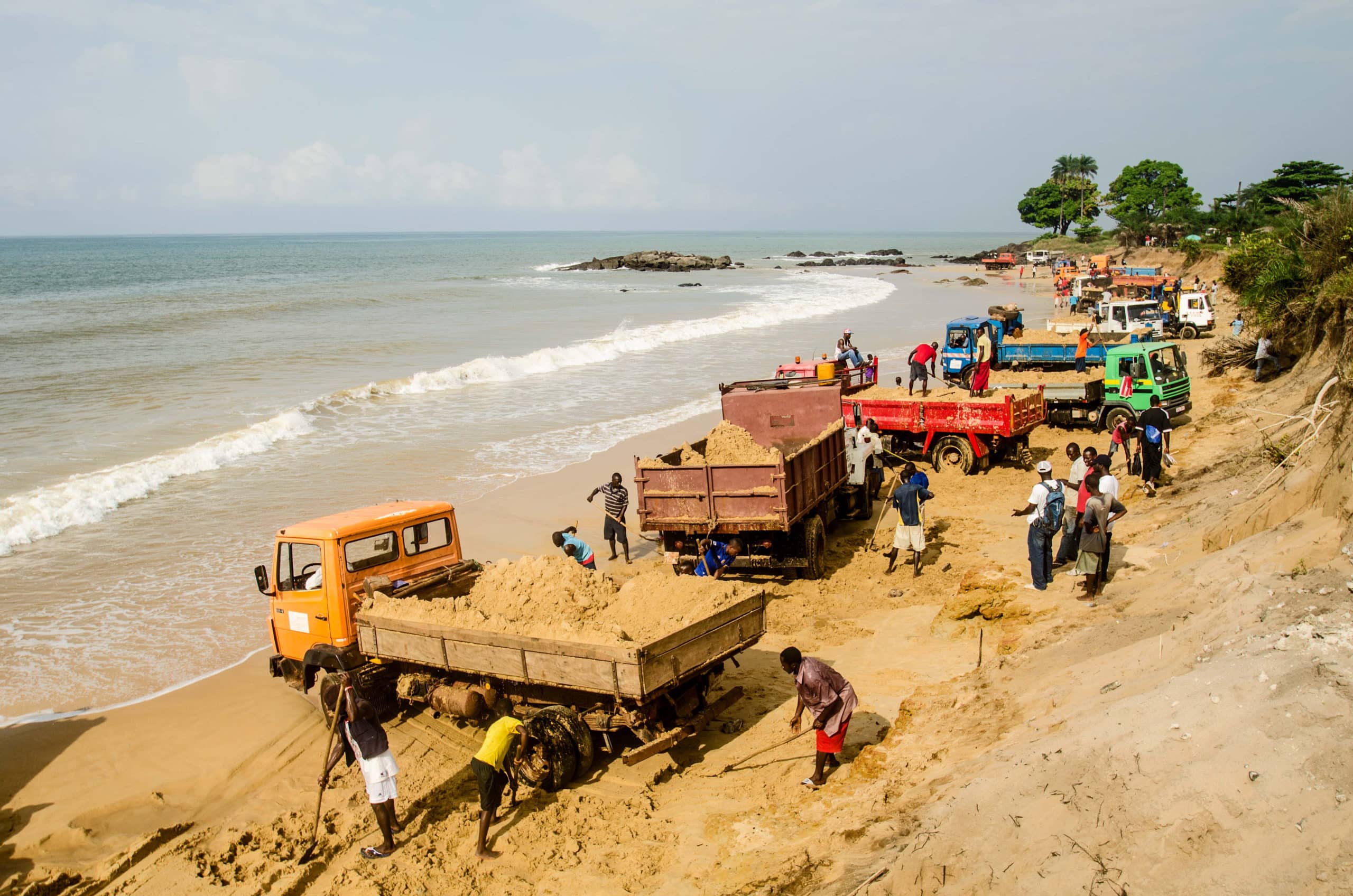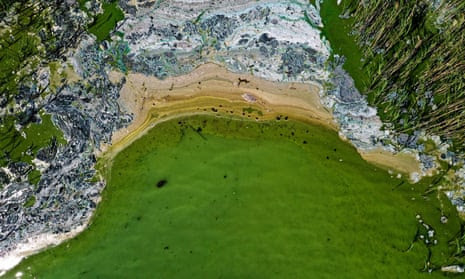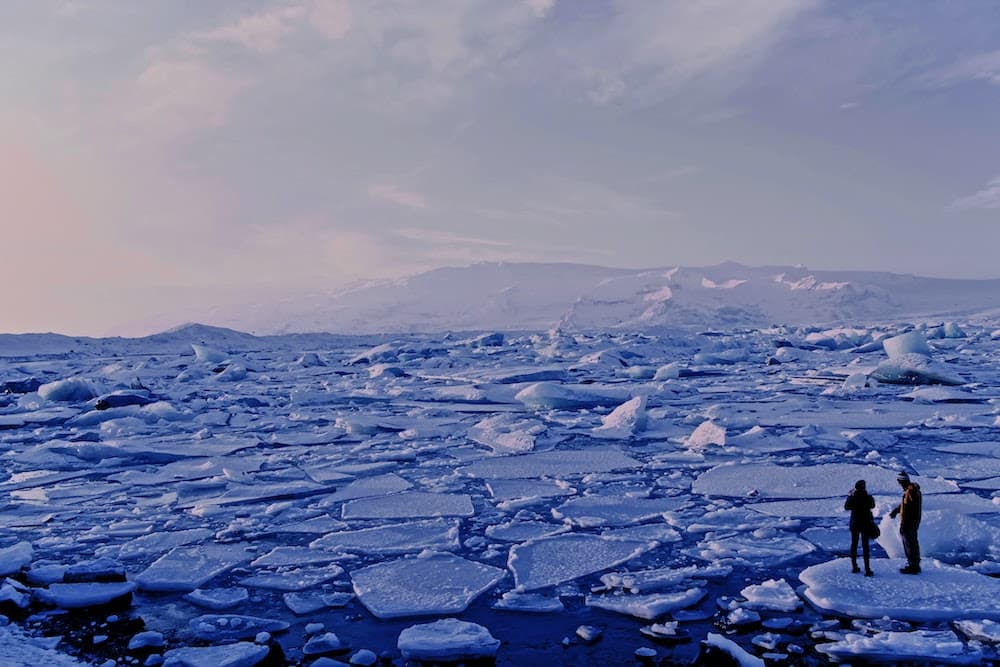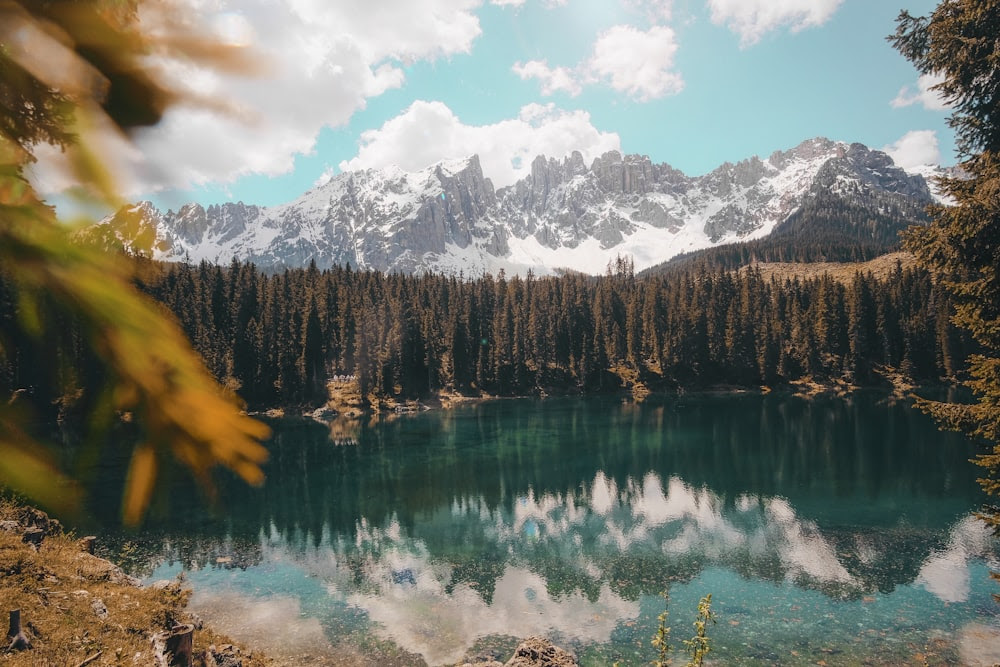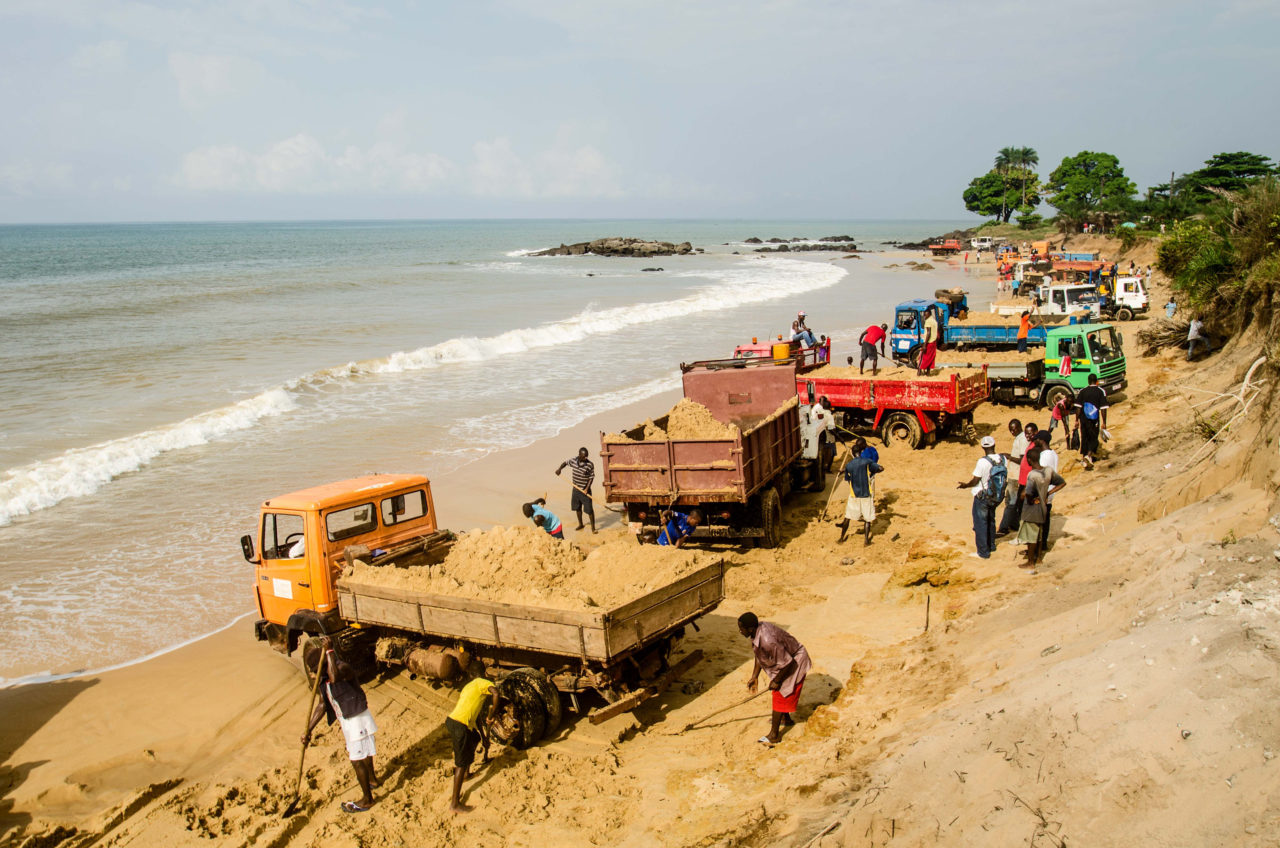
African beaches are plundered by the glass and cement industries, sand is a natural resource increasingly exploited. On the African continent, the semi-autonomous archipelago of Zanzibar has recently declared itself short of sand. Its extraction, often illegal, poses a new threat to coastlines and their ecosystems.
Denis Delestrac’s documentary, S and Wars, on the screens of the Franco-German channel Arte, illustrates how sand has become the new gold for many. This business thrives, often illegally, because of the development of the construction sector around the world.

Director Pascal Peduzzi of GRID-Geneva, one of the information centers of the United Nations Environment Programme (UNEP), the consumption would be between «30 and 50 billion tons per year».
The incessant looting for this essential ingredient in the manufacture of concrete, cement, but also glass, and supplier of silica found in electronic systems, televisions or laptops, has led to the multiplication of sources of supply.
As the resource becomes scarce, according to a UNEP report published in 2014, beaches and the seabed are increasingly stressed, even if this sand must be desalinated.
Like many countries in the world, African states have finally legislated to protect coastlines. But this has not stopped illegal extraction or the deterioration of ecosystems.

In Senegal, for example, extraction in the public sea sand quarry at Mbeubeuss in the commune of Malika (located on the coast north of the Senegalese capital, Dakar) has been prohibited since 8 June 2009.
However, years of exploitation, which continues illegally to the great displeasure of the populations, have weakened beaches that today suffer from coastal erosion.
In the small town of Cape Verde, illegal sand mining is also in full swing. “The Sand Thieves” is the name given to the many Cape Verdeans who take sand from the country’s beaches to support their families.
Similarly, since January 2017, the semi-autonomous archipelago of Tanzania, Zanzibar, has decided to import sand to reserve the 14.7 hectares of sand it now has. “We have no more sand to build because resources have been drastically depleted in the last ten years,” said Hamad Rashid Mohamed, Minister of Agriculture. “ The archipelago now prohibits the extraction of sand, often taken from the maritime coasts and therefore from its sublime beaches, while waiting to find «an alternative to non-renewable materials».
In North African countries, such as Morocco, sand exploitation on beaches is (also) a problem, explains Pascal Peduzzi, author of the UNEP report on sand scarcity. It takes thousands of years to create a beach. But in a few days, it can be destroyed, leaving only the bedrock. In which case the beach is lost and with it all the services it offers: tourism, natural habitat, storm surge protection…”
‘When sand is extracted from the seabed,’ adds Pascal Peduzzi, ‘it is the balance of the food chain (editor’s note: food chain) that is shaken up, because it is in the seabed that the food of small fish is found, thus affecting the largest fish and hence biodiversity

In Tunisia, sand extraction on beaches has caused other types of environmental damage. ‘Some people took sand to build on the Kerkennah archipelago (east coast of Tunisia). They don’t necessarily have many options either (…). But how can people develop without shooting themselves in the foot, without making themselves more vulnerable to rising sea levels, salinization of their soils?’ Pascal Peduzzi concludes: ‘The sand issue is complex. However, we cannot extract 30 billion tonnes a year without significant impacts.’
Africa’s development must not be inspired by the bad examples that have generated all the climate problems we are currently experiencing,’ said the director of GRID-Geneva. African countries must adopt legislation and environmental governance that preserves the health of populations and their ecosystems. There is still time for many African countries to make a smooth start.”

